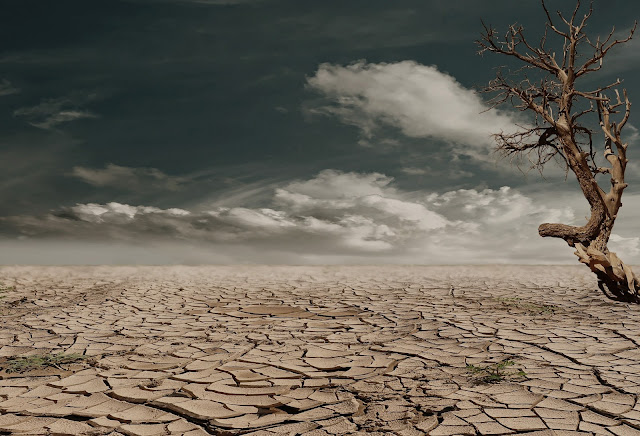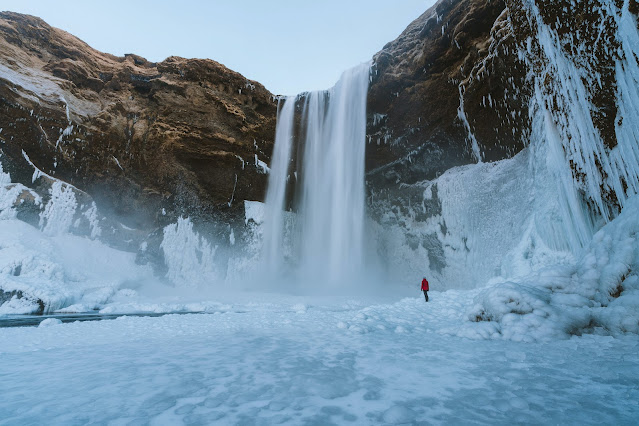Failing to Keep Promises: Countries Falling Short on Climate Commitments

Failing to Keep Promises: Countries Falling Short on Climate Commitments In the realm of global climate action, the promises made by countries often stand as a beacon of hope for a sustainable future. Yet, as the years have passed since the inception of international climate agreements like the Kyoto Protocol and the Paris Agreement, it becomes increasingly evident that some nations are struggling to fulfil their commitments. In this comprehensive article, we will take a closer look at which countries are failing to meet their climate change commitments and explore the consequences of these shortcomings. The Kyoto Protocol: A Milestone in Climate Commitments The Kyoto Protocol, adopted in 1997, was a groundbreaking agreement that aimed to tackle greenhouse gas emissions on a global scale. Under this treaty, industrialized nations committed to reducing their emissions by specific targets, collectively aiming to combat climate change. However, over the years, it has become clear that...





